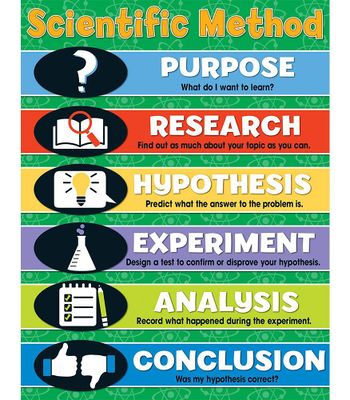Astronomy is a Pseudoscience
On matters of Astronomy a general consensus is that Astronomy is a pseudoscience and that it will continue to be so for the foreseeable future. Being restricted by location, the astronomer is at a disadvantage. Astronomy does not, and can not, follow even the Scientific Method, which is an empirical method of inquiry which demands that an experiment be performed to confirm a hypothesis. The Astronomer cannot put the stars and planets under controlled experimental conditions to come to the truth of a matter. The Astronomer can only observe and interpret—a scientific fallacy which hinders progress.
From Copernicus to Stephen Hawking, its practitioners publish works but fail to perform experiments to confirm hypothesis, such as the hypothesis for the metric expansion of space. Scientists in other professions are expected to perform controlled experiments to come to the truth of the matter, so we must ask, why not the astronomers? If direct and demonstrated knowledge cannot be obtained then, as Samuel Birley Rowbotham explains in Earth Not a Globe, it is demanded by fundamental empirical tenets to leave the matter as unknown.
A Yale University astronomy course explains:
“ One of the questions asked in this astronomy course was "What type of experiment do astronomers perform?" None, was the answer. An astronomer's lab is his observatory. Astronomy is an observing science. Sight is the primary sense used in this science. The instrument that enhances this endeavor is the telescope. ”
The Scientific Method
The Scientific Method is a method of inquiry which is expected even of school children, where an experiment is demanded to confirm a hypothesis.
Without experimental confirmation of a hypothesis, the "science" of astronomy is merely one hypothesis built upon the next in mumbling pretension and is of questionable value.

